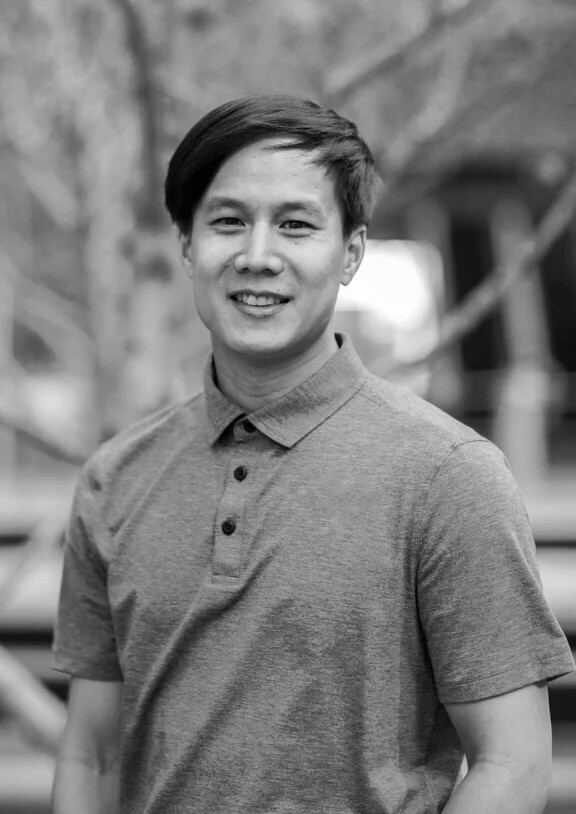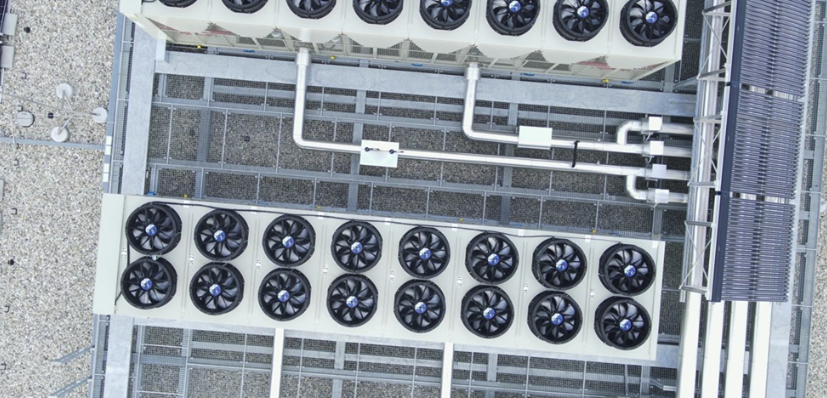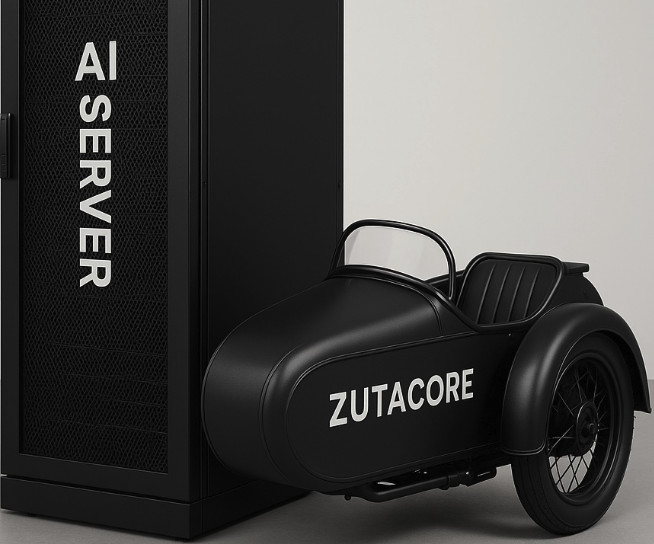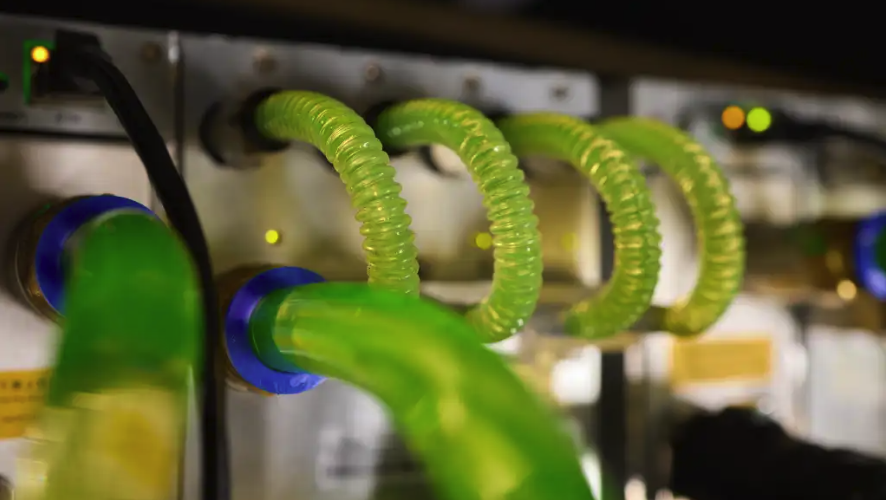ZutaCore Unveils Two-Phase Sidecar Cooling System for High-Density AI Workloads
As reported by Lyle Smith of StorageReview, ZutaCore has launched a new two-phase liquid cooling “sidecar” designed to handle up to 240kW of AI...
1 min read
 My Truong
:
Jun 18, 2025 3:39:28 AM
My Truong
:
Jun 18, 2025 3:39:28 AM

The rapid rise of AI workloads has made power and cooling critical challenges for data centers, as traditional systems struggle with GPUs exceeding 1,200 watts and growing global demands. ZutaCore’s two-phase liquid cooling system offers a breakthrough solution by using phase-change technology to vaporize and condense dielectric fluid directly at the chip level, eliminating the need for inefficient fans and pumps. This achieves a power usage effectiveness (PUE) as low as 1.03, cutting energy use and boosting compute capacity by 75% within the same energy limits. Two-phase cooling also stabilizes GPU and CPU temperatures, reducing thermal throttling, improving performance, and speeding up AI training times. It extends hardware lifespan by minimizing temperature swings and allows denser installations without extra space, as seen at the University of Oregon, where CPU temperatures and power usage improved significantly. ZutaCore’s cooling technology is driving sustainable, efficient AI scaling.

As reported by Lyle Smith of StorageReview, ZutaCore has launched a new two-phase liquid cooling “sidecar” designed to handle up to 240kW of AI...

As the demand for AI and high-performance computing (HPC) accelerates, so does the challenge of managing the massive amounts of heat generated inside...

With the rise of AI and high-density computing, liquid cooling is quickly becoming essential. Network World's recent article by Maria Korolov...